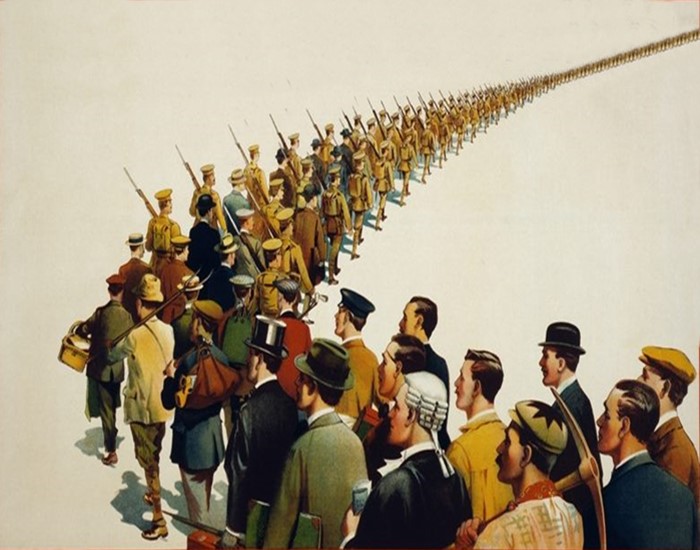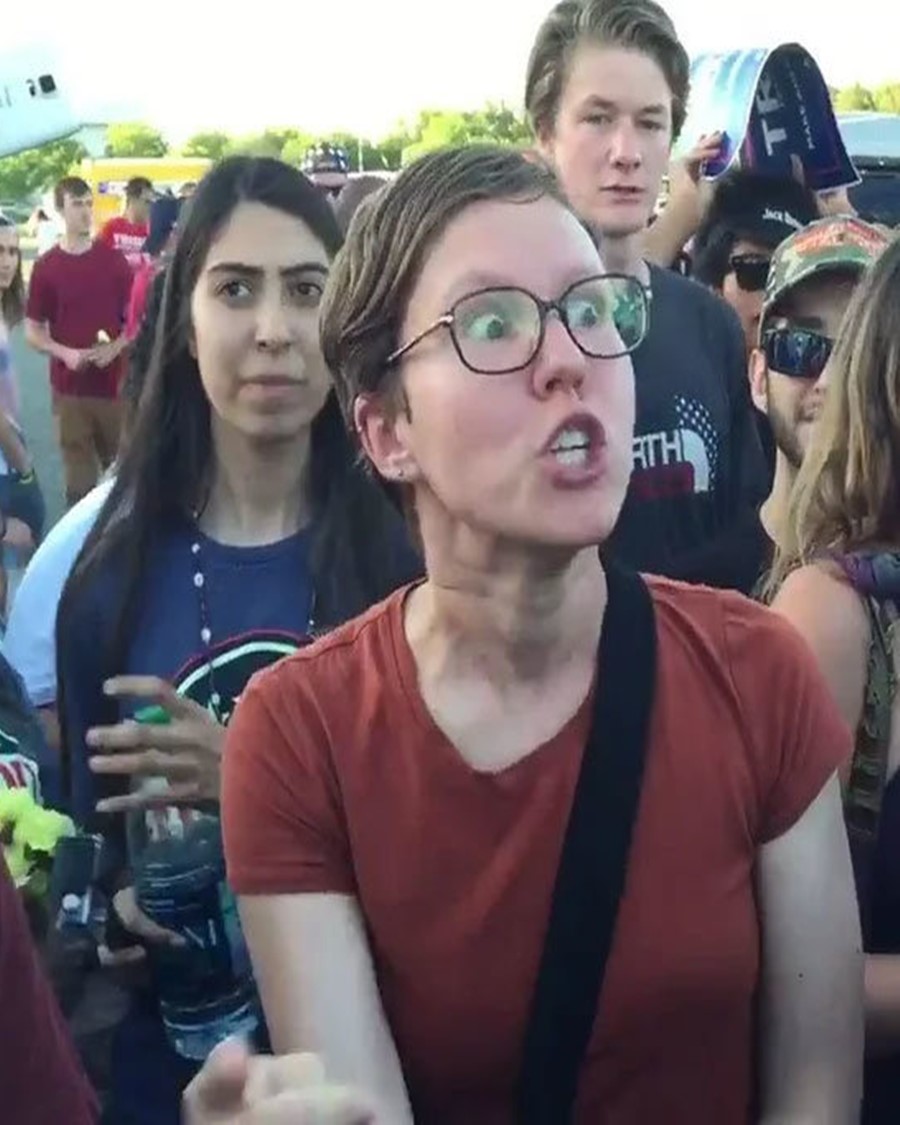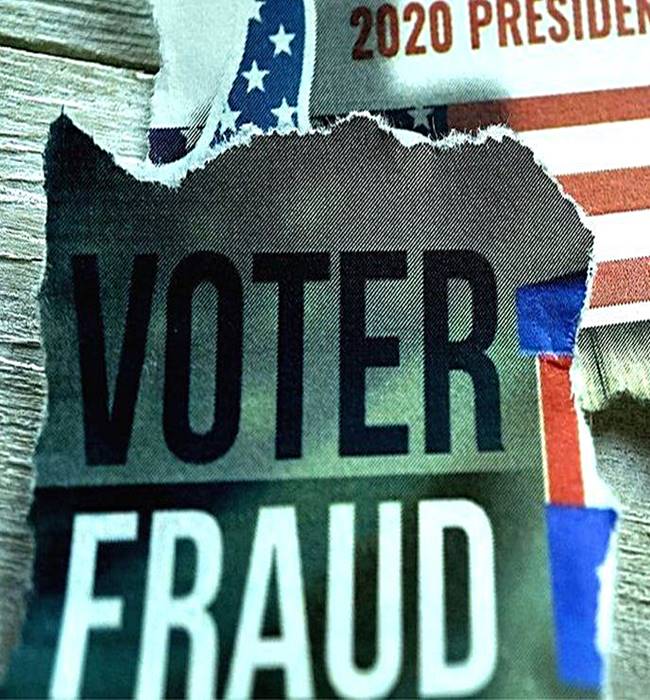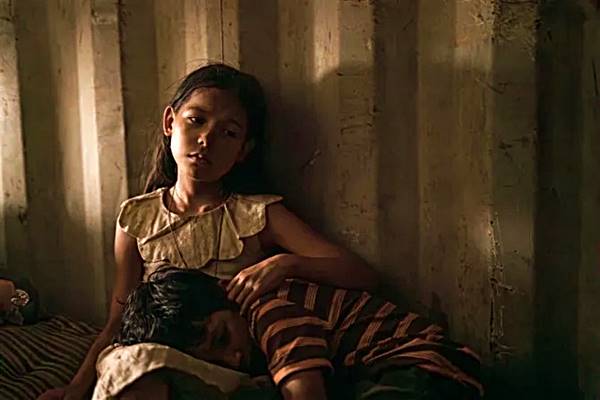Simple yet highly effective war-time tactics.
It is becoming more and more obvious that we [the public] are in the midst of the most intense information war with all sources of Mass Media that there has ever been in history. This is because before the internet our information sources were very limited. At one time we had only word-of-mouth, printed information and broadcast media (Radio and TV). The addition of the internet has allowed unprecedented access to information like never before possible. The internet has made it almost impossible for governments to control what large numbers of people know, talk about, and what they do with that information.
As I write it occurs to me the there is now a whole generation or two of young people who may not have a clue about propaganda and how it was used during the Second World War to influence the outcome of the conflict by capturing the hearts and minds of ordinary citizens using the mass media available at the time.

Censorship [itself] has lately become big news, so big in fact that instead of a news story being what is important, it is suppression of the story that has garnered so much attention lately and gotten the attention of a much broader audience. If you aren’t hearing about this you soon will be because some VERY powerful people and organizations are hell bent on controlling what you can hear, see and communicate to others.

Censorship and Propaganda are by no means new concepts. They were around long before I was born and I have lived a pretty long life [so far] and I have seen it in many forms. But I have to remember there is a whole generation [or two] coming up after me that has not experienced censorship over the years the way I have and many people born in the past 20 or 30 years are just learning about it because it is beginning to infringe on their personal lives and behavior in ways that are unprecedented and is impossible to just ignore or accept.
First I think we should all refresh ourselves about what censorship is and when it is appropriate [if ever] and when it is an infringement on our right to know. I have a feeling this distinction will become increasingly important in the next few weeks or months.
Back in the 50’s I understood that there were things that adults were allowed to see, possess and have knowledge of, that were hidden from me as a child. I didn’t like it and I was always naturally curious about things I was told were reserved for adults. If you told me not to look in my dads bedside table you can bet that was the first place I looked when my parents were away.
Way back in the 50’s there were movies I was not allowed to go to. Long before there was a movie rating system the ticket lady would just refuse to sell me a ticket because she could see I was not 18 years old just like the way I was not allowed to buy cigarettes. This was censorship pure and simple but the majority of adults simply agreed that it was justified and appropriate, after all, as a child there were many restrictions I did not like or understand that I had to just accept.
But when I turned 18 or 21 ALL those restrictions were just supposed to disappear but they didn’t. I just learned that there was a whole other layer of things that were considered taboo in civilised society and this is where the whole notion of censorship becomes murky and a slippery slope.
Even as adults we know that a certain amount of censorship is generally accepted by the majority of adults even that which limits what some particular adults are allowed to know about. We all accepted that keeping military secrets had been essential to winning WWII and even though the war was long over I as a young adult never expected to ever be told anything about how both generals and diplomats had used secret agents to defeat the Nazi’s.
But then in the 1960’s things began to change and public censorship of material even for adults became a issue. Ray Bradbury wrote his famous fictional book Fahrenheit 451 about book censorship that described a period of time when public information was considered so dangerous that a strange group of “firemen” had to be formed whose job it was to search out banned books and burn them. Burning books was one of the first forms of censorship which was used to control public information. Long before there was television there were numerous books that have censorship as part of their general theme. Burning of newspaper and book publishing offices was a frequent and recurring theme in these books and newspapers as they were deemed to be publishing information that is dangerous to the general public.

Both censorship and propaganda have a history and social context that is important to understand if we ever hope to deal with the information war we have to navigate since the advent of the internet.
First it is important to understand that censorship is, and always has been a controversial subject. It is not an argument that has been settled but an ongoing challenge both for those who have secret information and people who want access to it. This secret information could be legitimate proprietary information like Colonel Sanders secret recipe or it could be information that is intended to defraud or mislead the public which needs to be exposed.
Does anyone have the right to keep others from learning about something that can directly affect their life [either negatively or positively]? This is the question that is so enigmatic and perplexing and that is why we need laws that control censorship. I grew up believing that adults were generally trustworthy and always told the truth as they knew it, but I eventually had to accept that this was just not the case. It was a hard lesson and did not come easy.

We are seeing unprecedented levels of information control in the mass media now. There was a time that they simply reported the news. Now we can imagine then sitting in their offices trying to formulate ways to couch or “spin” the information so that it has a particular result when people read or hear it. In fact, now they don’t even bother verifying the accuracy of what they report because their goal is not to inform people but to “control the narrative’ so that the audience is manipulated as to how they think and act.
During the world wars misinformation that enemies provided each other was called Propaganda and countries had experts whose job it was to devise Propaganda that was cleverly disguised as factual and reliable information. We understood that this was normal during wartime however history, if you look a little deeper, shows there was more to the story of Propaganda

Propaganda was so powerful and its purveyors so successful that subtle forms began to be used routinely in the media to sell product long after the war ended. It was so powerful and so cleverly disguised that eventually laws had to be created in the so called Free World like the US and Canada to protect people from being influenced and deceived by its use but these laws were never 100% effective.
As a child I remember many books being controversial but during my lifetime various lobbying groups with an agenda were able to actually have books banned from libraries. It is a slippery slope when you begin to allow censorship because there is always something that is likely to offend somebody in almost every great literary work. That is indeed what makes it the great work that it is. Ironically during the same period of time our theatres were inundated with trashy second rate movies filled with gratuitous sex and violence. It should have been easy for anyone with half an intellect to figure out that censorship laws were not being applied fairly but their application was for sale to who ever could afford and was willing to pay.
Many young people don’t realize it but to this day many books are still missing in school and public libraries. Books like To Kill A Mockingbird that were written to expose racism are being labelled racists because teachers who promote critical thinking are no longer welcome in our schools. Instead teachers believe their job is to tell children what to think not teach them how to think. This is censorship and indoctrination because true learning comes from being able to consider as many points of view as possible and draw your own conclusions.

Censorship has a history and the question is far from settled. In order to understand censorship it is critical that we examine its history and understand how it was used to control people in the past. What we learn can then be applied to understand how mass media and social media are still being used by governments and private interests to accomplish the same result in the 21st century as was desired in the previous century, the control of people.
There are many instances where society has mutually agreed that censorship is acceptable but these instances must be exceptional not standard practice or the norm. Censorship is a tool that should be used and regulated with discrimination and not used indiscriminately. We have laws that protect peoples personal privacy. In order to do this sources of public information such as newspapers, radio and TV have for years self censored what they publish in order to fall within the restrictions these laws impose. For instance, it is illegal to publish falsehoods about people that could damage their reputation or endanger their lives. But this means the publishers must undertake due diligence to verify beyond a doubt what they publish before they publish the information. We, as a society, also agree that availability of certain types of information needs to be regulated such that it is not available to children just like it was regulated when I was a child. Restricting information is not censorship and this is an important distinction to understand but people disagree on what information should be restricted and how.
Since 9/11 the claim of National Security is being used as an excuse to justify unprecedented levels of censorship in the mass media, levels I have never seen in my lifetime even during the conflict in Vietnam in the 1960’s and 70’s. What is happening now in the 21st century in the US is clearly a case of government over-reach that has put government censorship and control in direct conflict with the average persons right to know about matters that directly impact their everyday lives. Since 9/11 the mass media has become the propaganda outlet for the government to curate the news you receive from Radio and TV and are allowed to say and post on the social media channels of the internet. The internet is supposed to be a public service but it has been hijacked by the government and private interests bought and paid for with your tax dollars. You are actually paying to be misled and kept in the dark. Now, there are real justifications for regulating the dissemination of information these include individual privacy and the work done by intelligence agencies to combat external threats to the country but since 9/11 the power of these agencies has been turned on ordinary US citizens living in the US and Canada. This was revealed by Edward Snowden over a decade ago.

In order to bring the situation into the proper perspective we must be ready to give up the notion that our government is protecting us against actual threats and is working additionally to increase its own power over our thoughts and actions. In other words it is clear the government sees its own people as a threat not just foreign governments. It has set itself up as our adversary rather than our servant all the while it claims to be serving our best interests.
Back during the 2nd World War there was a phrase on display at every post office ‘Loose lips sink ships” to remind people not to say or write things that might give away strategic information that could be use to locate ships or learn of troop movements thus endangering lives. They were calling for compliance to a kind of self censorship and people at the time readily accepted this as normal during war time. But now something completely different is happening but we are still told to keep quiet about “state secrets” even when the government is clearly committing war crimes. Our compliance and self censorship in these cases is clearly not keeping people safe and makes us accomplices to the crimes we are helping to conceal.
One of the reasons we as a society allow censorship is to prevent the spread of false information that could harm the public. The problem is that it is not an easy task to determine what is true and what is false. The so called “Fact Checkers” provided on the internet by the same people that control access to information is like trusting the goat to guard the cabbage. The only effective answer is that the public needs to be willing to do its own research and analyse the findings using critical thinking. Unfortunately, critical thinking has not been in the curriculum for many decades in the schools. How this situation came to be the case is a tragedy in itself but a whole other topic for another time. Both Censorship and Propaganda can be used to shape public policy. This is why everyone should take the time to learn about them both. Knowingly or purposely spreading a falsehood is in fact a form of misdirection or Propaganda. It is deception and will earn you a reputation as a liar. On the other hand concealing the truth or preventing others from learning the truth in public media in order to forward a political agenda is censorship and should serve as an immediate Red Flag deserving your scrutiny and investigation. My conclusion about propaganda and censorship is that they both have their place in a functioning democracy, in order for a democracy to function properly and serve people, the citizens must be willing to educate and inform themselves. If they don’t, like any other tool Propaganda and censorship will be used against society instead of serving it. Democracy was hard to win and it is even harder to keep in the face of more and more sophisticated technology.
For decades, a so-called anti-propaganda law prevented the U.S. government’s mammoth broadcasting arm from delivering programming to American audiences. But on July 2, 2013 that came suddenly to an end with the implementation of a new reform that was passed in Congress. The result: was an unleashing of thousands of hours per week of government-funded radio and TV programs for domestic U.S. consumption in a reform initially criticised as a green light for U.S. domestic propaganda efforts.
I have included a rather long and involved history of propaganda and censorship so that it can be easily understood what their original purpose was. I did this because once you know the history it is easy to see how these concepts have been changed so that they no longer serve the people but government and private interests most frequently to the detriment of the public. Understanding this is key to getting things back on track and restoring public confidence that the government and mass media are here to serve the public and not the other way around.
But that was then and this is now. Due to the internet we live in a time of unprecedented communications capability. Individuals can communicate with hundreds or thousands of people almost instantly and each of those individuals can each in turn communicate with hundreds or thousands of others. For the first time thousands of people can instantly share their emotional responses through memes, a term that did not exist just a couple of decades ago. The Spector of millions of people suddenly rising up and freely expressing with one voice has always been the nightmare of governments throughout the world and now it is possible.

The providers of social media like Facebook and Twitter have grown into Tech Giants who wield enormous power to sway public opinion and our government lost no time in realizing this and used our tax dollars to buy and control that power through censorship and propaganda. We need to begin to re-educate ourselves and our children about information gathering and critical thinking. It won’t be easy but I believe it is the only way forward into this new century if we hope to preserve the hard won freedoms that have been lost.











